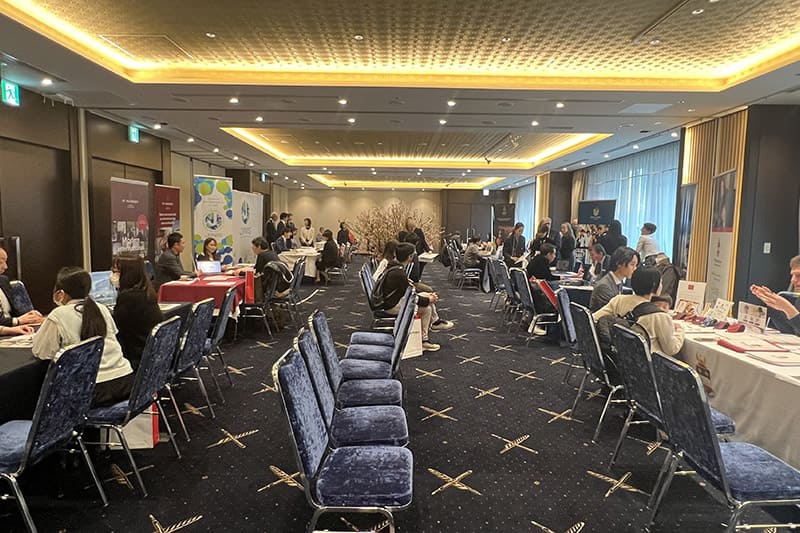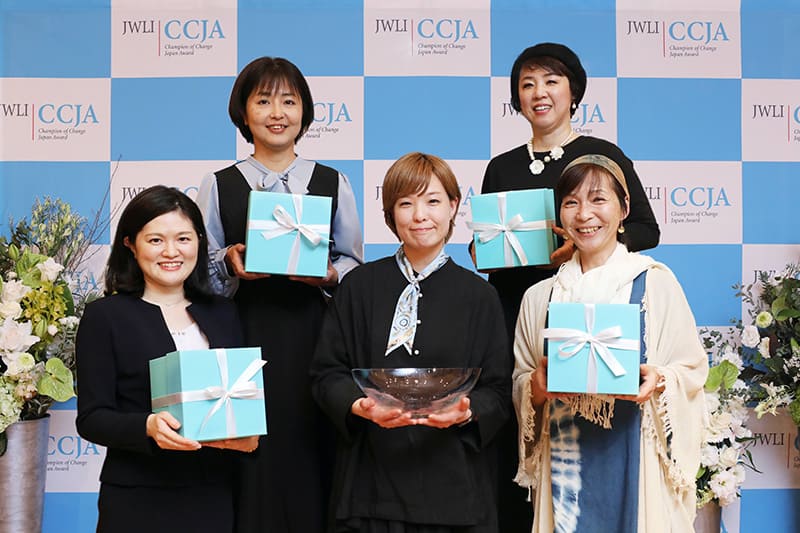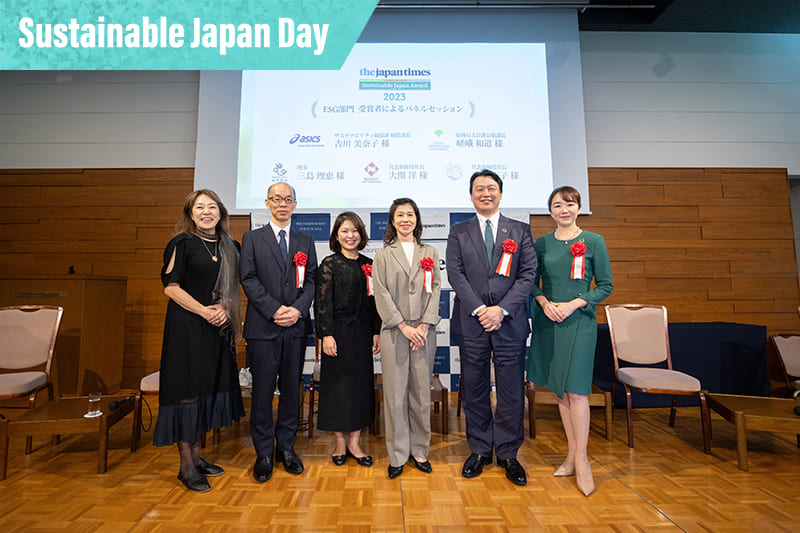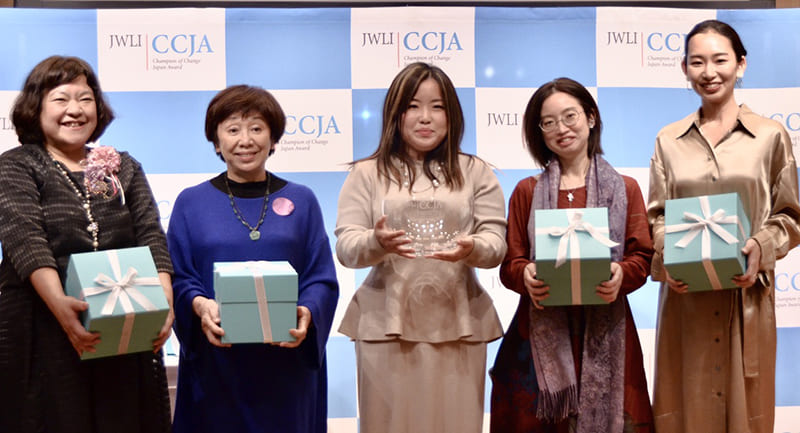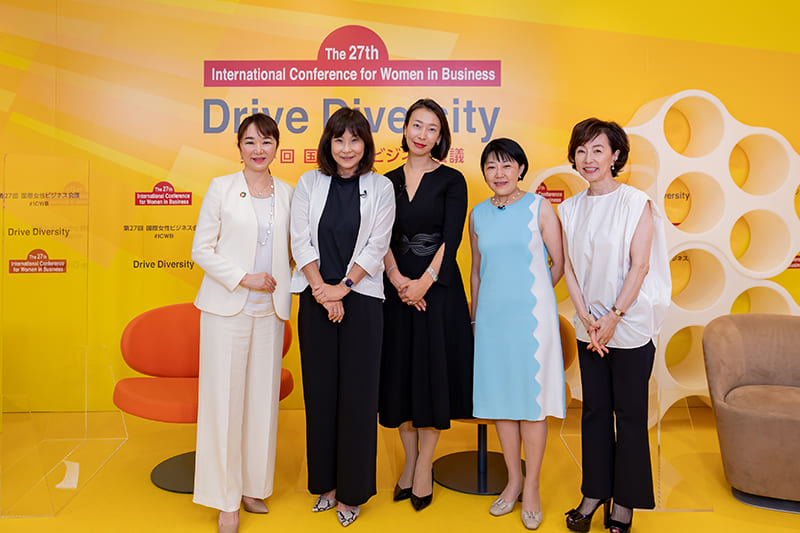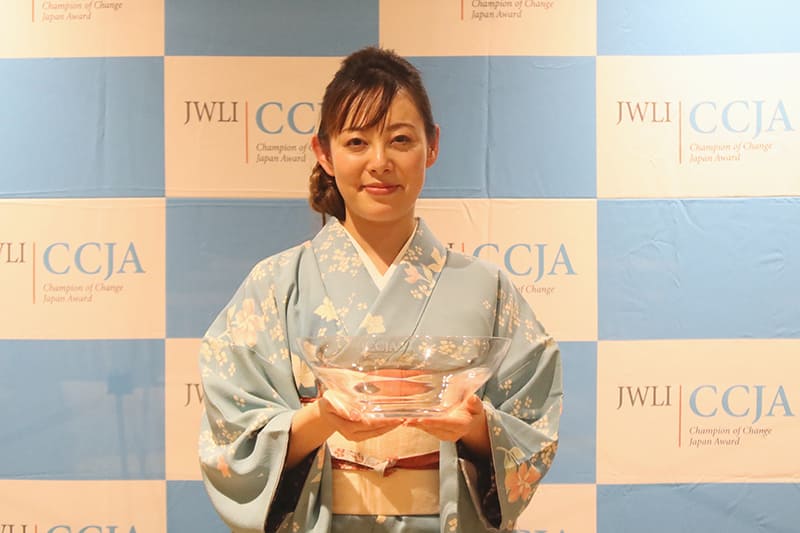May 24, 2024
Poppins helps working women and their kids build better lives
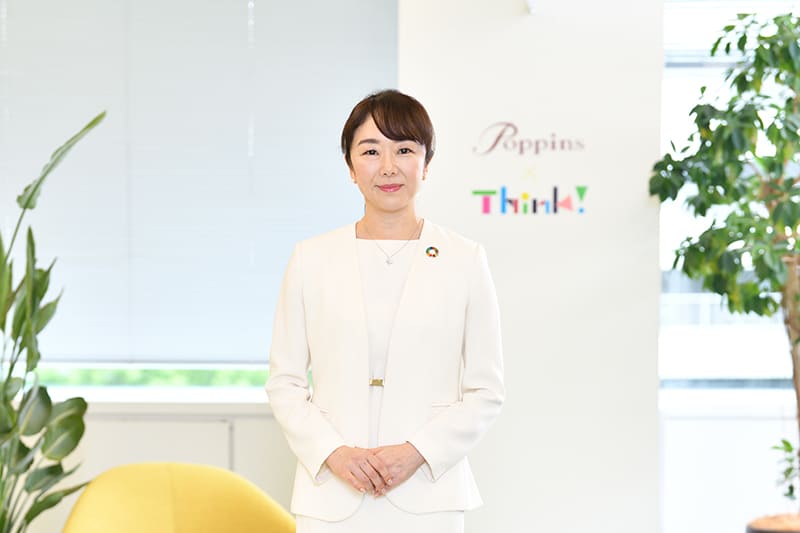
Poppins Corp. started providing services to support working women 37 years ago, when the concept of social entrepreneurship was not yet known in Japan. Last year it received the Sustainable Japan Award’s ESG Excellence Award, presented by The Japan Times, for its long-standing contributions to helping women achieve their career goals.
“The first service launched by the founder, Noriko Nakamura, was a nanny service. Back then, the only child care option for a working mother was a nursery, which was only available for full-time working mothers,” President Maiko Todoroki said. The company has continuously evolved to meet the needs of women in various stages of life with the various services it provides in the areas of infertility prevention, child care, after-school care, housekeeping and nursing care.
The company’s child care philosophy is based on “Educare,” a concept that it created to transform the traditional mindset of looking at child care only as part of social welfare to one that places a strong focus on education and developing children’s abilities from a young age.
“It is about nurturing the ability to live their own lives through helping them acquire various qualities such as noncognitive skills, resilience and compassion in an inspiring environment,” Todoroki said. To do that in an effective and scientific way, the company has been engaging in joint research with Stanford University on developmental psychology and Harvard University on cognitive science.
The collaboration with Harvard started in 2010, and a project that has been ongoing for the last six years is themed “SDGs for Children.” It involves members of Project Zero, an academic organization under the Harvard Graduate School of Education aimed at understanding and nurturing human potential, members of the Poppins International Institute for Child Sciences, nursery teachers and managers of Poppins nurseries across Japan as well as nurseries in the United States selected by the team at Harvard.
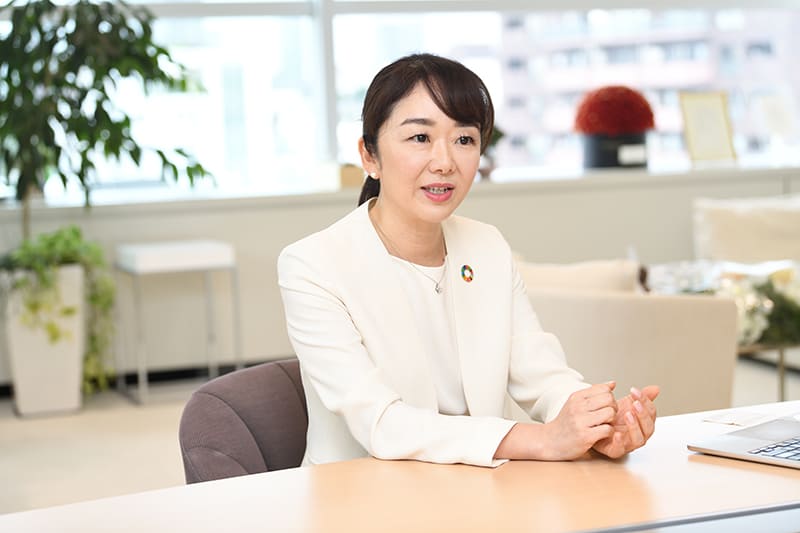
In it, various experimental projects and activities are held at participating nurseries on selected topics such as diversity and unconscious bias, and feedback from them is reported in monthly online meetings to facilitate deep discussions on identifying challenges and finding out what more can be done to overcome them.
An annual symposium is an important opportunity for the project to share its achievements not only with related parties but also with anyone from any part of the world who is interested in early childhood education. “During the coronavirus pandemic, we conducted the symposium in a hybrid manner, accepting participation both on-site and online, which resulted in a significant increase in the number of attendees, reaching around 3,000,” Todoroki said. The 15th symposium, with the theme “SDGs for Children,” will be held online on June 15, featuring a keynote lecture by Veronica Boix Mansilla, a principal investigator at Project Zero; a presentation of the joint research findings; and a panel discussion by Mansilla and three other experts from academia. Through the symposium, the company aims to disseminate up-to-date knowledge and insights about education in early childhood, the most important period for mental development.
The company has also donated a course that specializes in child care management to the master’s program at Ochanomizu University, a Tokyo-based national university for women, to nurture human resources who can play central roles in promoting professional and scientific approaches to early childhood education, as it believes that the investment will contribute to the improvement of the social status of nursery teachers and workers as well as the further enhancement of support for working women who are in need of more and better options for their children.
Learning does not happen only in school. Poppins learns from problems that its employees encounter through various life events and tries to provide solutions, which also serve as important clues for improving and reinforcing the services it provides to its customers. Todoroki said each case is different and requires a separate “prescription.” For example, the company offered a six-month fertility treatment leave to a female board member 10 years ago and allows employees to bring their babies to an annual training program that lasts for a few days. “We believe that solving our problems will lead to generating new services for society,” she said.
She pointed out that while Japan continues to lag behind many countries on equality for women, ranking 125th out of 146 countries in the 2023 Gender Gap Index published by the World Economic Forum, it has been doing extremely well in one of the four subindexes, educational attainment. She also regretted the fact that the country has not been able to offer enough opportunities for half of its population to use their abilities to the full.
The company aims to offer many options for women in society so they can feel a sense of self-determination instead of having to choose the only option that is available, and create a society that does not criticize their decisions. “We believe that when women shine the world will change. And we will continue to be a game-changer in it, not a bystander,” Todoroki said.
The Sustainable Japan Award commends individuals, companies and organizations who have made advances in sustainable efforts. To learn more, scan the QR code or visit https://sustainable.japantimes.com/sjaward2024

